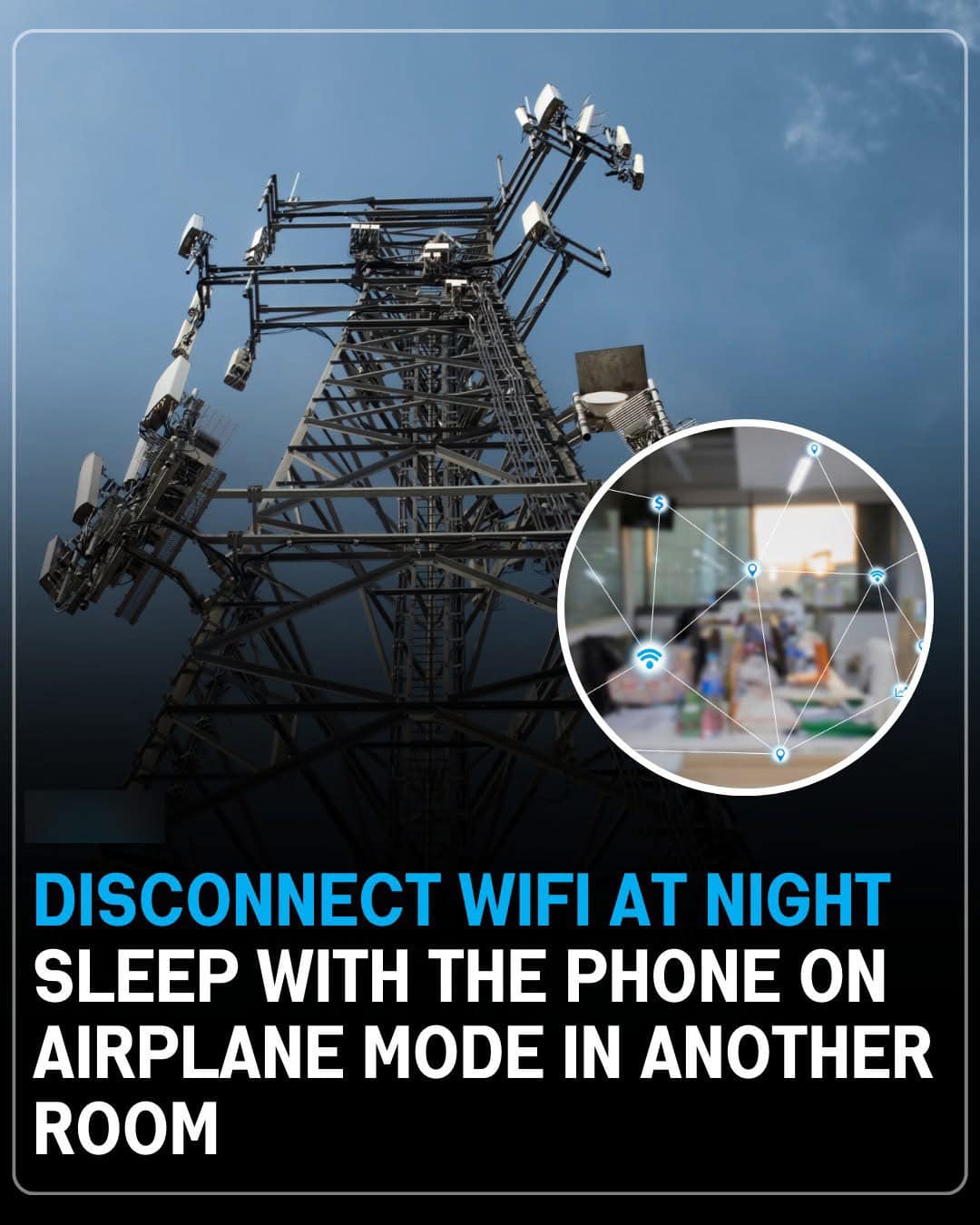In today’s digital world, it’s common for people to charge their phones overnight. However, what seems like a harmless habit could pose risks to both your safety and the longevity of your device. Experts, including major tech companies like Apple, have recently issued warnings about these dangers, urging users to reconsider their charging habits. So, what are the potential risks, and how can you avoid them to protect both your health and your device?

The Hidden Dangers of Sleeping with Your Smartphone
Keeping your phone close at night might seem convenient, but it can negatively impact your sleep quality, mental health, and overall well-being.
Sleep Disruptions Caused by Screen Exposure
Many people check their phones right before bed, whether to respond to messages, scroll through social media, or browse the internet. However, research from the Journal of Clinical Sleep Medicine shows that the blue light emitted by screens interferes with melatonin production, a hormone responsible for regulating sleep. Reduced melatonin levels can make it harder to fall asleep and may even contribute to chronic insomnia.
Blue light exposure before bed can reduce melatonin production by up to 85%, according to studies. This significant disruption can throw off your natural sleep cycle, making it difficult to achieve deep, restorative sleep. The result? You wake up groggy and less alert the next day.
Notifications and Sleep Interruptions
If your phone isn’t silenced at night, incoming calls, texts, and app notifications can disrupt your sleep. Even if you don’t consciously wake up, the vibrations, sounds, and screen light can interrupt your sleep cycles, preventing you from reaching deeper sleep stages. Over time, this can lead to chronic fatigue and reduced cognitive function.
Psychological Effects of Phone Use at Night
Using your phone before bed can increase stress and anxiety. Reading the news or engaging with social media can trigger emotional responses that make it difficult to relax and fall asleep. Additionally, the fear of missing out (FOMO) on messages or updates can make it tempting to check your phone during the night, further disrupting your rest. Research from the University of Gothenburg suggests that excessive smartphone use is linked to increased stress and poor sleep quality, especially among young adults.
Electromagnetic Radiation Exposure
While the long-term health effects of electromagnetic fields (EMFs) emitted by smartphones are still debated, some studies suggest possible risks, such as brain tumors and fertility issues. Though more research is needed, keeping your phone away from your bed can be a simple precaution to reduce prolonged exposure to EMFs while you sleep.
Charging Your Phone Overnight: Apple’s Warning About Potential Risks
Apple and other tech companies have raised concerns about the dangers of overnight charging, including overheating, battery degradation, and fire hazards.
Overheating Risks
Charging your phone in a place where heat can’t escape, such as under a pillow or blanket, increases the risk of overheating. When the heat generated during charging isn’t able to dissipate properly, it can damage your battery and, in extreme cases, even lead to a fire. A firefighter from Kent Fire Rescue highlighted this danger in a viral video, warning against using cheap or faulty chargers, which can overheat and start fires while you sleep.
Battery Degradation Over Time
Leaving your phone plugged in overnight may shorten its battery lifespan. While modern smartphones stop charging once they reach 100%, keeping them plugged in for extended periods can still wear down the battery, reducing its ability to hold a charge over time. This means you’ll find yourself needing to charge your phone more frequently, ultimately shortening its overall lifespan.
Fire Hazards from Faulty Chargers
Charging your phone in poorly ventilated areas or using non-certified chargers can increase the risk of electrical fires. According to studies from Electrical Safety First in the UK, more than half of electrical fires caused by devices were linked to faulty chargers or overheating during overnight charging. Non-certified chargers often fail to meet safety standards, making them particularly dangerous.
Apple’s Recommendations for Safer Charging
Apple has provided several safety tips to help users minimize risks associated with overnight charging:
- Charge in a Well-Ventilated Area: Always place your phone on a hard, flat surface while charging to allow proper airflow. Avoid charging it under blankets or pillows.
- Use Certified Chargers: Stick to Apple-certified or “Made for iPhone” chargers to ensure both safety and efficiency. Cheap or uncertified chargers pose a higher risk of overheating and fire hazards.
- Monitor Charging Sessions: Whenever possible, charge your phone while you’re awake so you can keep an eye on it.
- Enable Optimized Battery Charging: iPhones offer an “Optimized Battery Charging” feature that slows down charging overnight, stopping at 80% and completing the charge closer to your wake-up time. This helps maintain long-term battery health.
Improving Sleep Hygiene by Limiting Phone Use at Night
Breaking the habit of using your phone before bed can significantly improve your sleep quality. Instead of scrolling through your phone, try winding down with activities like reading, meditating, or doing breathing exercises. These alternatives help relax your body and mind, making it easier to fall asleep naturally.
Keeping your phone out of reach, such as charging it in another room, can reduce the temptation to check it during the night. If you need it nearby, consider using Night Mode or a blue light filter to minimize disruption. Enabling “Do Not Disturb” mode can also prevent unnecessary notifications from waking you up.
Charge Smart, Sleep Better
While charging your phone overnight may seem convenient, it comes with potential risks, including overheating, battery damage, and fire hazards. By following Apple’s safety recommendations—such as using certified chargers and charging in a well-ventilated space—you can minimize these dangers.
Beyond just charging habits, your smartphone can also impact your sleep quality through blue light exposure, constant notifications, and stress. Creating a phone-free bedtime routine with healthier habits, like reading or meditation, can help you sleep better and improve your overall well-being.
Making small adjustments, such as keeping your phone out of reach or turning off notifications at night, can have a profound impact on your sleep quality. Take these steps today for a safer, more restful night.





